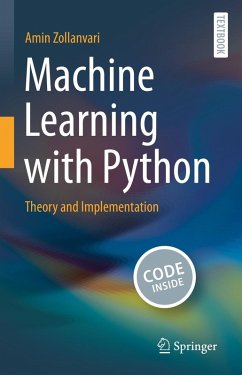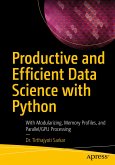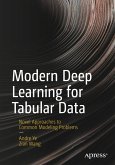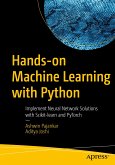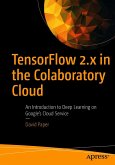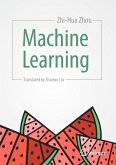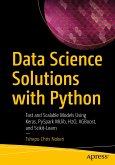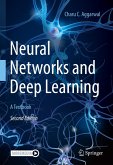This book is meant as a textbook for undergraduate and graduate students who are willing to understand essential elements of machine learning from both a theoretical and a practical perspective. The choice of the topics in the book is made based on one criterion: whether the practical utility of a certain method justifies its theoretical elaboration for students with a typical mathematical background in engineering and other quantitative fields. As a result, not only does the book contain practically useful techniques, it also presents them in a mathematical language that is accessible to both graduate and advanced undergraduate students.
The textbook covers a range of topics including nearest neighbors, linear models, decision trees, ensemble learning, model evaluation and selection, dimensionality reduction, assembling various learning stages, clustering, and deep learning along with an introduction to fundamental Python packages for data science and machine learning such as NumPy, Pandas, Matplotlib, Scikit-Learn, XGBoost, and Keras with TensorFlow backend.
Given the current dominant role of the Python programming language for machine learning, the book complements the theoretical presentation of each technique by its Python implementation. In this regard, two chapters are devoted to cover necessary Python programming skills. This feature makes the book self-sufficient for students with different programming backgrounds and is in sharp contrast with other books in the field that assume readers have prior Python programming experience. As such, the systematic structure of the book, along with the many examples and exercises presented, will help the readers to better grasp the content and be equipped with the practical skills required in day-to-day machine learning applications.
Dieser Download kann aus rechtlichen Gründen nur mit Rechnungsadresse in A, B, BG, CY, CZ, D, DK, EW, E, FIN, F, GR, HR, H, IRL, I, LT, L, LR, M, NL, PL, P, R, S, SLO, SK ausgeliefert werden.
Hinweis: Dieser Artikel kann nur an eine deutsche Lieferadresse ausgeliefert werden.

